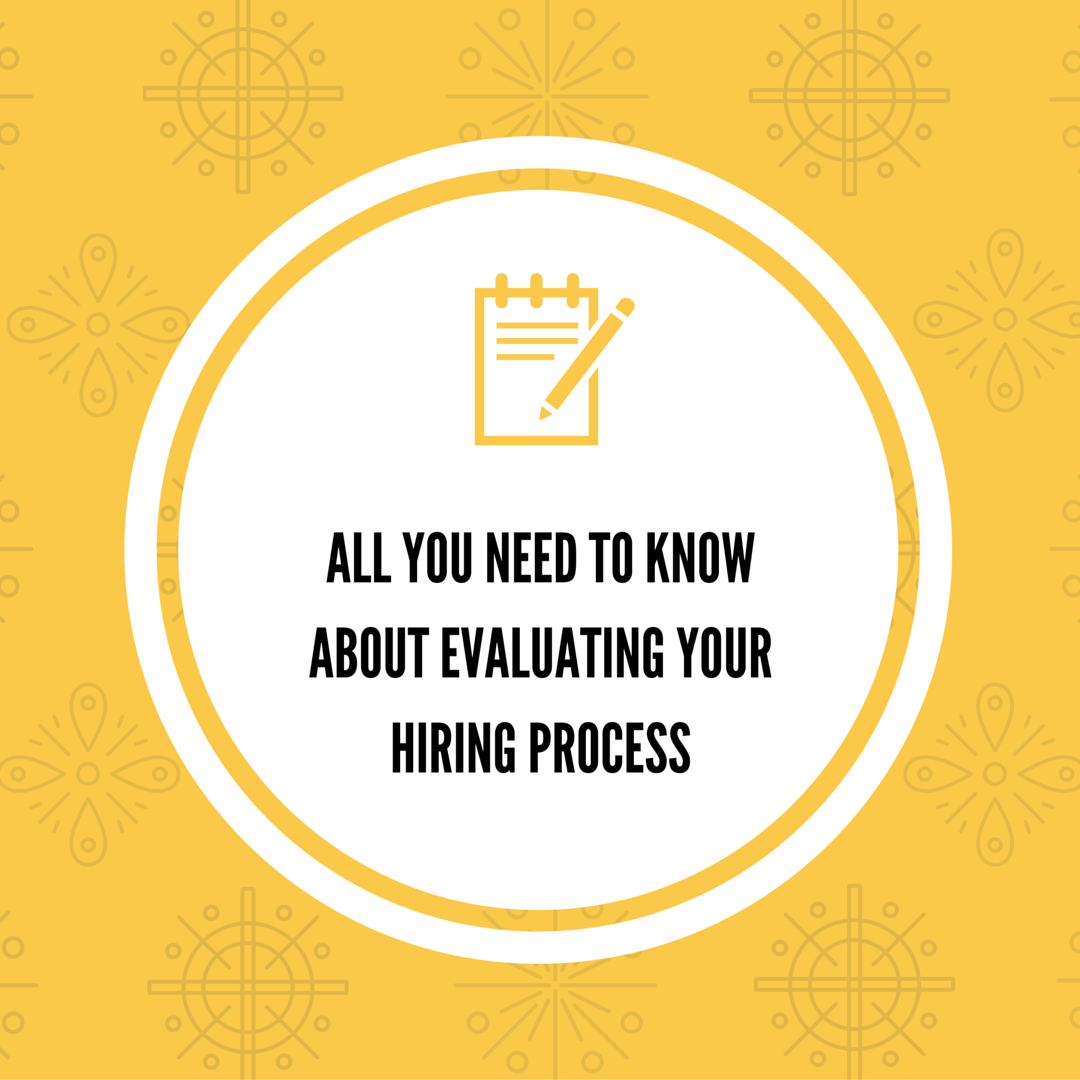It’s time to face facts: the hiring process needs some tweaking. A 2015 Leadership IQ survey found that only 19 percent of new hires achieve great success in their first 18 months, while 46 percent utterly fail.
Instead of screening out bad hires, the hiring process is letting them right on through. Then whether it’s a month or a year later, you have to repost the job description, and you’re right where you started.
If you want to make your hiring process more efficient, it’s time to start identifying where the problems are. Here are four hiring experts’ tips for evaluating and improving your process:
1. Focus on the real story.
Never read a resume. No one ever has a bad resume. Instead, I want people to tell me their story and the highlights of their work history. Then during the interview, I will circle back to a question I’ve already asked, possibly 10 minutes prior, to see if I get the same response. If the answer changes, it’s an alert that the candidate may be exaggerating or even lying. Also, instead of discussing how wonderful your business is, tell its true story. I realistically discuss where we see the future of our business going and the personal values of the people who can help us get there.

Troy Hazard, Founder, Troy Hazard International
2. Find ways to save time.
The main thing that organizations can do to improve their hiring process is to move more quickly. Organizations lose the best candidates in high-demand industries all the time by failing to act fast, assuming that they hold all the leverage. Also, make sure to sell the organization to high-demand candidates. It’s no longer just about candidates having to sell themselves. Companies have to sell themselves to candidates too.

Bronwen Hann, President, Argentus Supply Chain Recruiting
3. Reevaluate new hires again and again.
There are very few situations where past performance can indicate future results. Hiring is one of them. One of the simplest ways to evaluate your results with hiring is to ask yourself, “Would I rehire this person,” six months after bringing them on board, 12 months after bringing them on board, and two years after they join. If you find results lacking six months after a new hire joins, ask yourself, “What do I know about them now that I didn’t ask about then and how could I have found that out at that time?”

Jeff Altman, coach, search, and recruiting professional, The Big Game Hunter
4. Look for patterns.
Consider tracking promotions and salary increases on the first cycle of the organization. A good hire should get a high review and possibly a salary increase if they have mastered the initial functions of the position. Then look at the commonalities of the candidates that are and are not successful. Are they from the same source, educational background, experience level etc. Consider lots of new ideas and keep trying a variety of processes and programs until you find one that is consistently delivering top value.

Lori Kleimen, President, HR Topics
—
What are some other things to keep in mind when evaluating your hiring process? Share in the comments below!











